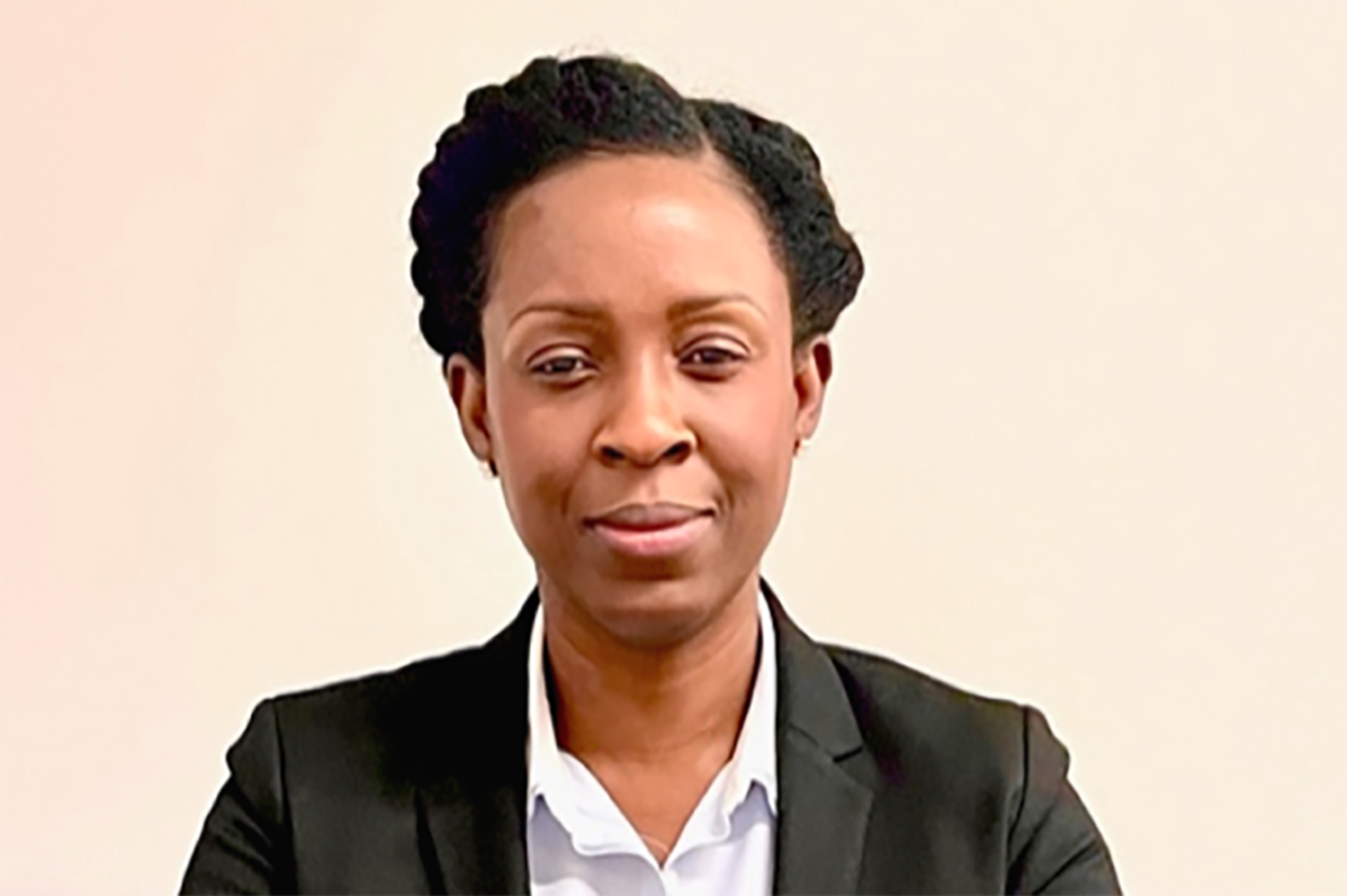Abolade Adepiti works to keep NNSA's capabilities sharp so it can meet nonproliferation challenges.
National Nuclear Security Administration
March 23, 2023
What is your role here at NNSA? How does it align to our mission?
I am a Senior Nuclear Security Program Analyst and Team Lead, providing nuclear engineering expertise to the Office of Defense Nuclear Nonproliferation Research and Development. I provide technical and programmatic support to the Nonproliferation Stewardship Program; assist with Presidential Policy Directive 33 efforts and the NNSA Prevent, Counter, and Respond report update; and coordinate the office’s annual program review.
My work helps NNSA keep its capabilities sharp so it can meet nonproliferation challenges.
What did you study in school?
I earned a bachelor’s degree in engineering physics from Morgan State University, a master’s degree in business administration from the University of Phoenix, and a second master’s degree in nuclear engineering from the University of Maryland. I also earned a U.S. Army Nuclear and Counterproliferation certification.
How has your personal background/experience shaped your work?
I attended a Historically Black College and University on a science, technology, engineering and mathematics (STEM) scholarship, which offered me a path through college. I realized early in life that women (and those of color) are underrepresented in STEM, so I worked hard and stayed focused on obtaining a degree so I could change that reality.
What led you to a career in nuclear security?
When I was first hired as a nuclear analyst, I took numerous courses in nuclear security. Those broadened my knowledge and awareness of the key role it plays in our nation. They inspired me to earn a master’s degree in Nuclear Engineering.
What is the best part about your job?
Working in a collaborative environment with a team of technical experts on various innovative nonproliferation projects. The interactive environment allows me to collaborate with people on similar projects to solve challenging questions.
Tell us a little about yourself – a fun fact, a personal hobby, and/or accolades received.
I advocate for STEM programs in my community and serve as a science judge at numerous science fairs. I received the Science Spectrum Trailblazers award at the 2019 Black Engineer of the Year Award STEM Conference.
How is NNSA different from other organizations you’ve worked for?
I worked for the Department of Defense for most of my career. NNSA has offered diversity, and diverse opportunities as an engineer. Working directly with the national laboratories on numerous research projects was particularly appealing to me.
What has been an invaluable lesson you’ve learned during your professional career?
I have gained so much working with people from different organizations on nuclear security issues. I learned not to limit myself to my own understanding, but to be open minded and willing to learn from others. Nuclear security has a lot to offer in research, policy, operations, etcetera.
Why do think diversity and inclusion is important to your profession?
Diversity and inclusion efforts foster a work environment where staff feel valued for their experiences, skills, and perspectives. As a STEM professional, diversity and inclusion efforts are important because it helps prevent loss of talent and promotes innovation and long-term economic growth.

